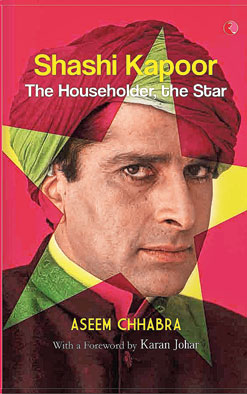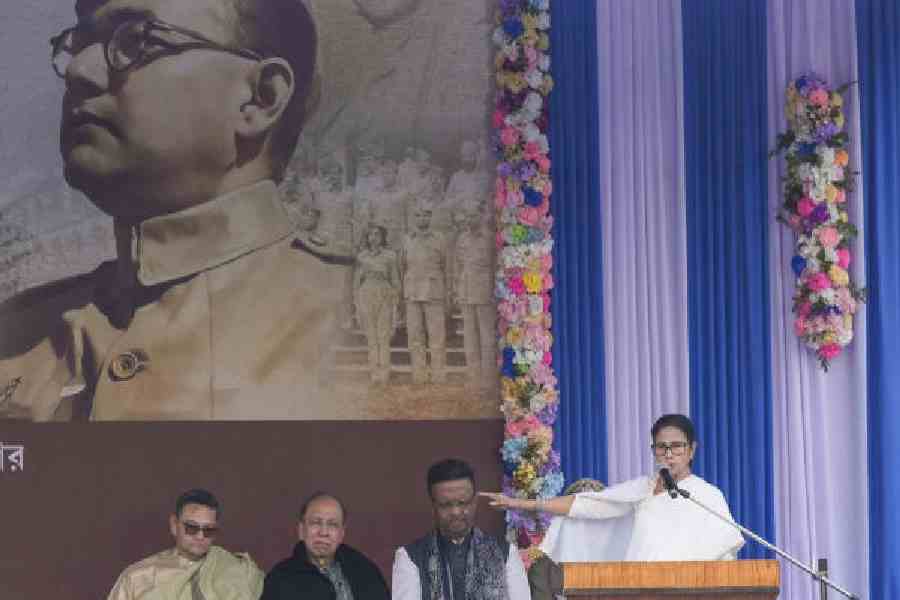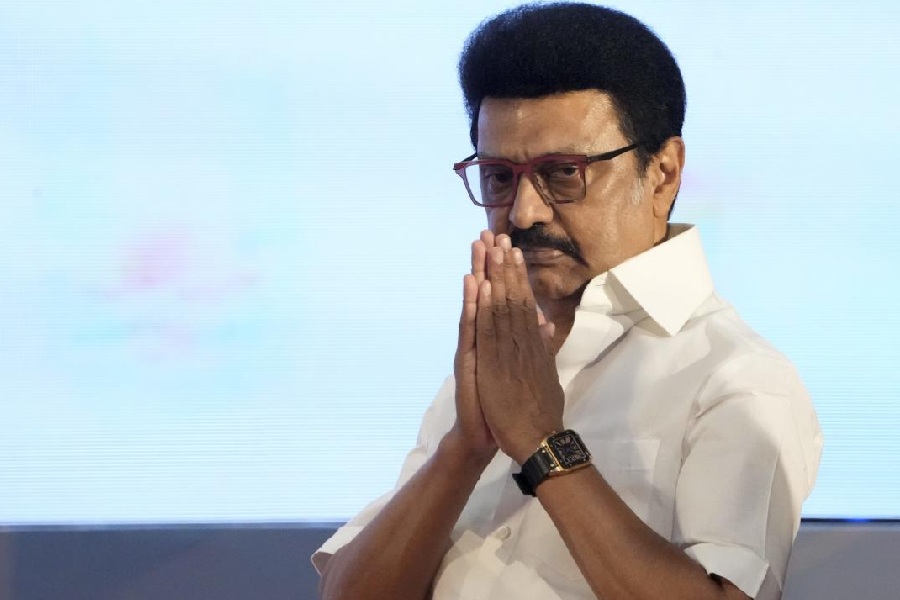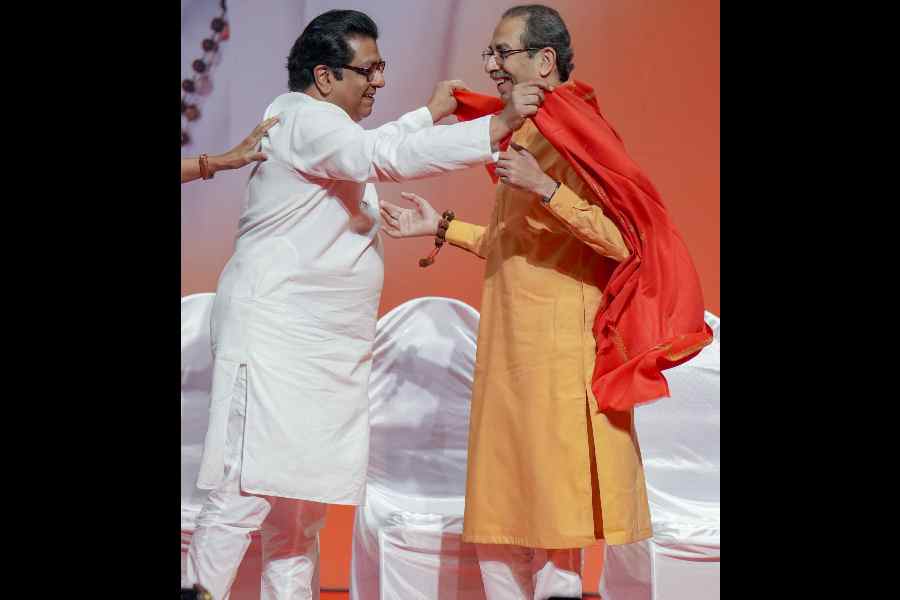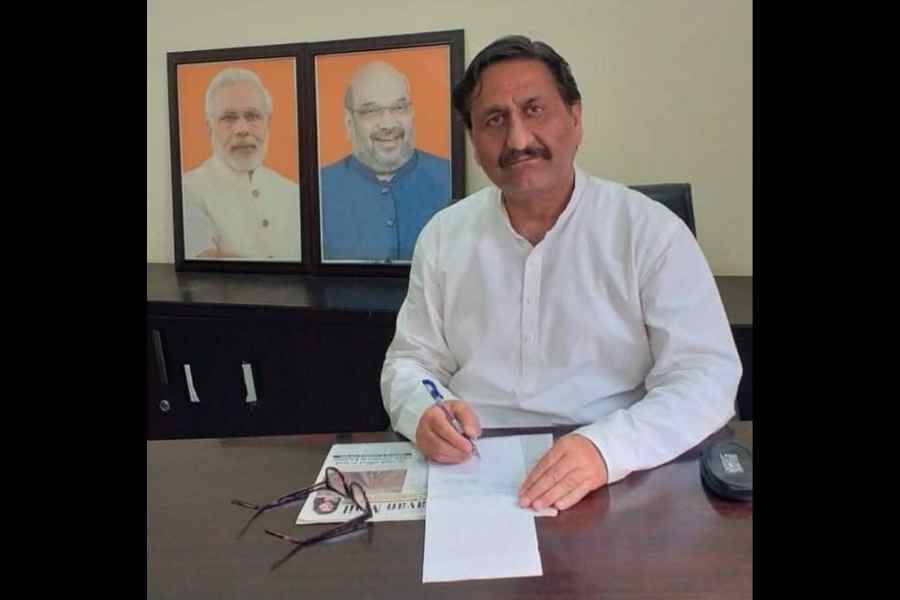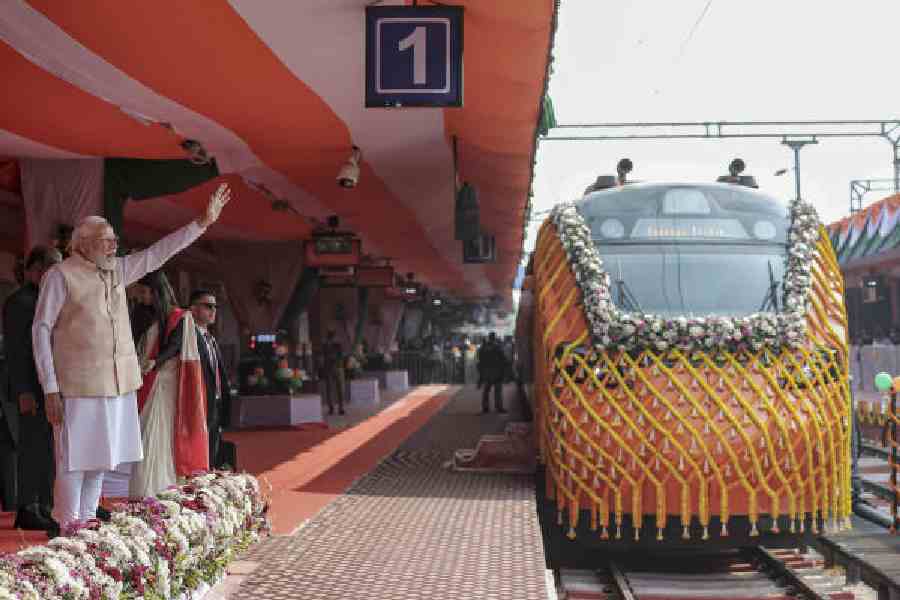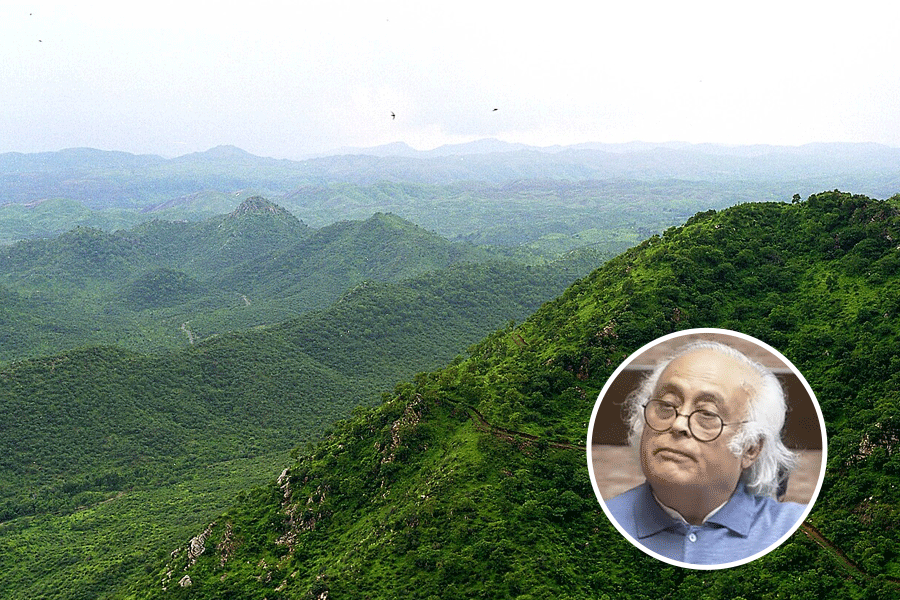
It’s the most precarious of situations. You research for years and write a book about someone, but the person concerned has no idea about it. Or that’s what it seems. Or that’s what you are told. But it was something Aseem Chhabra already knew when he decided to pen down an unofficial biography of Shashi Kapoor.
“I decided to write the book some time in the fall of 2014 and I knew all the while that he is not well,” says Aseem, who’s a New York-based freelance film journalist and is currently in India to push the book titled Shashi Kapoor: The Householder, the Star (Rupa Publications, Rs 395).
“But I only knew about the extent he is unwell after I spoke to Sanjana (Shashi’s daughter). She said he has dementia; my father had dementia and I know how difficult the disease can be. So I wanted to respect his privacy and I never even requested for an interview with Shashi.”
ABNORMALLY GOOD HAIR
Perhaps the reason why Aseem chose Shashi Kapoor as his subject is best encapsulated in the book’s foreword by Karan Johar. “It was the 1960s. A dashingly handsome, dimpled hero with abnormally good hair had arrived on the scene. In lush green hill stations, he’d look lovingly at his heroines. And for that split second, time would stop, as would the hearts of members of the audience.”
“I was and I am a big fan,” says Aseem, who chose to write about the actor through his films. “Over the years every time I have mentioned Shashi Kapoor, everyone recalls Deewaar. And then they would immediately argue that Amitabh was so much better in the film. Without even going into the fact that Amitabh’s showy performance only worked because of Shashi’s restrained act, no one remembers his other films, his early films.”
Aseem rattles off Shashi’s first few films with Bimal Roy and Yash Chopra. There’s an entire chapter in his book titled The Ascent: Shashi and the Early Films. But it is the next chapter of the book, the next chapter in Shashi’s career that very few of us know or remember — his tryst with Merchant-Ivory and Hollywood.
NAWAB IN HOLLYWOOD
“Much before Irrfan Khan and Priyanka Chopra, Shashi Kapoor was our first international star,” says Aseem. “In 1983, within a couple of years of me shifting to the US, I remember going with a bunch of my friends to Paris Theatre in New York for the premiere of Heat and Dust. I remember the line snaking around the block to see the grandeur of India and there was Shashi Kapoor looking like this fantastic nawab. I could connect to my country through him.”
There’s a little Ray connection that Aseem mentions in the book about The Householder, the Merchant-Ivory film with Shashi in the title role. “James (Ivory) met Satyajit during a visit to Calcutta; it so happened that the Bengali master had seen a short film of his and had liked it. Satyajit introduced James and Ismail (Merchant) to his cinematographer, Subrata Mitra; he loaned them this genius of a cameraman, who went on to shoot The Householder, giving it its pristine look with stunning black-and-white montages. In addition, Satyajit stepped in for The Householder’s music production — enlisting the help of Ali Akbar Khan, the sarod maestro — and even re-edited the film with his editor, Dulal Dutta, when James and Ismail showed him a rough cut.”
And if that wasn’t enough, Shakespeare Wallah, another Merchant-Ivory film with Shashi in the lead, which had music by Ray, made it to the Berlin Film Festival the same year that Charulata went. While Ray picked up the Silver Bear for Best Director for Charulata, Madhur Jaffrey won the Best Actress Silver Bear for Shakespeare Wallah.
While not many were celebrating Shashi’s international movie exploits, back in India his struggle was of a different kind. “Shashi was a very, very big star but he was never the number one star,” says Aseem. “Just at the point when his career in Bombay was about to flourish post-Jab Jab Phool Khile, out of nowhere Rajesh Khanna arrived with 17 hits in three years. And when Rajesh’s decline started, Amitabh Bachchan had Zanjeer. The good thing about Shashi was that he was okay sharing space with another star and so he did a series of films with Amitabh and did all the multi-starrers.”

SHASHI THE PRODUCER
Then came the phase where Shashi turned producer. “He wanted to become more than an actor,” is Aseem’s theory. “He had distributed Bobby and he had reached a stage in his acting career in the 1970s where he wanted to do something else. And it was at that time the new wave had truly arrived and Shyam Benegal especially was doing very interesting work. Junoon, which Shashi produced, is the most costly film Shyambabu has ever made.”
Shashi went on to produce Benegal’s Kalyug and Aparna Sen’s 36 Chowringhee Lane. “He just wanted to make good cinema. He didn’t even want to act in Kalyug. He was a very good hands-on producer but he wasn’t that great with handling money. Utsav and Ajooba were financial disasters.”
HE SURRENDERED TO JENNIFER
A big chunk of the book is about the Shashi-Jennifer Kendal love story. “It’s a beautiful story, the way they fell in love,” smiles Aseem. “She was four years older to him but she wanted to be with him even though her father, Geoffrey Kendal, didn’t approve. They went through a lot of hardship. She went on to have a huge influence on him... on what he wore, on what he ate. She really watched over him.”
After she died, Shashi was no longer the same. As Simi Garewal says in an interview in the book: “Jennifer occupied — or Shashi surrendered to her — a large part of his personality. And they merged. With Jennifer gone, Shashi struggled, but couldn’t find himself. That vast area of his personality that was Jennifer — now it lay empty.”
“I don’t know whether he knows about the book,” Aseem says. “And that’s very unfortunate. I’ve heard from many people that he is not very coherent now, doesn’t often recognise people and is hard of hearing. I don’t know how many years he’s got left but I want people to not only remember Shashi Kapoor for those four words ‘Mere paas Ma hai’ but this utterly charming actor who brought so much joy through his performances in so many delightful films.”
Pratim D. Gupta
If I wrote the biography of a Bollywood star, I’d pick...
Tell t2@abp.in

